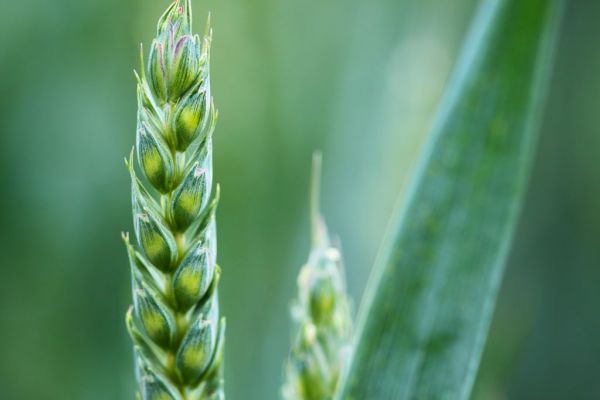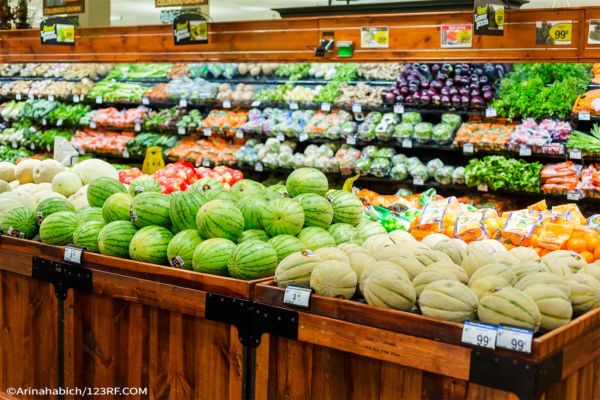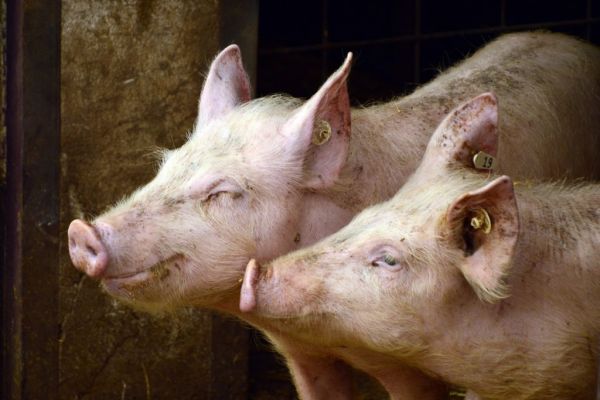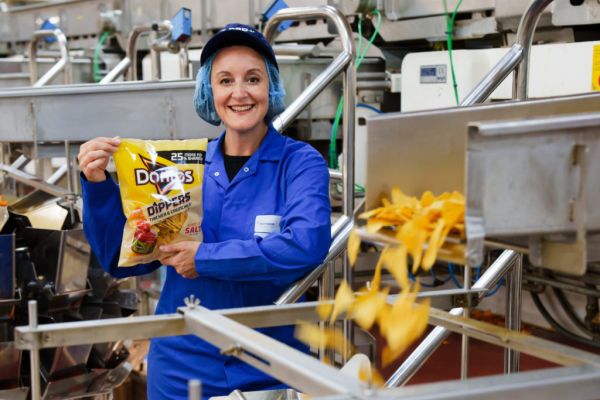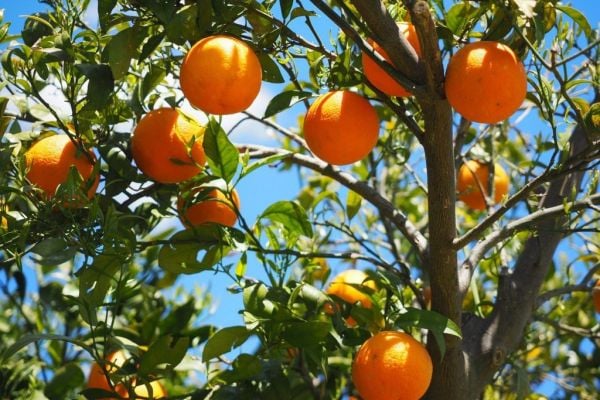The European Commission proposed revising its rules on genetically modified organisms (GMOs) to loosen some restrictions for plants resulting from newer gene-editing technology.
The EU executive said the move would give farmers more resilient crops and reduce the use of chemical pesticides and offer consumers food with higher nutritional value.
The Commission launched a review in 2021 after concluding that GMO legislation from 2001 was 'not fit for purpose'. The EU's top court had ruled in 2018 that genome-editing techniques should be governed by GMO rules.
On 5 July, the Commission proposed splitting new genomic technique (NGT) plants into two categories.
Those that could also occur naturally or by conventional breeding would be exempted from GMO legislation and labelling requirements. All other NGT plants would be treated as GMOs, requiring risk assessments and authorisation.
Plants will qualify for the first category if there are no more than 20 genetic modifications.
Fast Track Approval
A faster track approval process would apply for the second category of plants if, for example, they are more tolerant to climate change or require less water or fertiliser.
The proposal needs approval from the European Parliament and EU governments and may be revised.
The most prominent example of the new technology is the CRISPR/Cas9 'genome scissors', for which Jennifer Doudna and Emmanuelle Charpentier won the 2020 Nobel Prize in chemistry.
Bayer, the world’s second-largest seeds and pesticides maker, described the proposal as 'ground-breaking'.
"Plant breeding normally takes more than a decade from the first positive research results to market entry. Gene editing allows us to cut five years out of this process," said Bayer's head of sustainability Matthias Berninger.
Biotech industry group EuropaBio urged an extension of the rules to cover micro-organisms.
Read More: German Traders Oppose EU's Genetic Engineering Reforms Plan
Environmental groups say NGT plants need careful controls and the proposal risks making European farming dependent on large agribusiness companies.
Friends of the Earth campaigner Mute Schimpf said it was essential labelling requirements remain so that consumers could make informed choices. The need to label has effectively prevented sales of GM food items to EU consumers
News by Reuters, edited by ESM – your source for the latest supply chain news. Click subscribe to sign up to ESM: European Supermarket Magazine.
